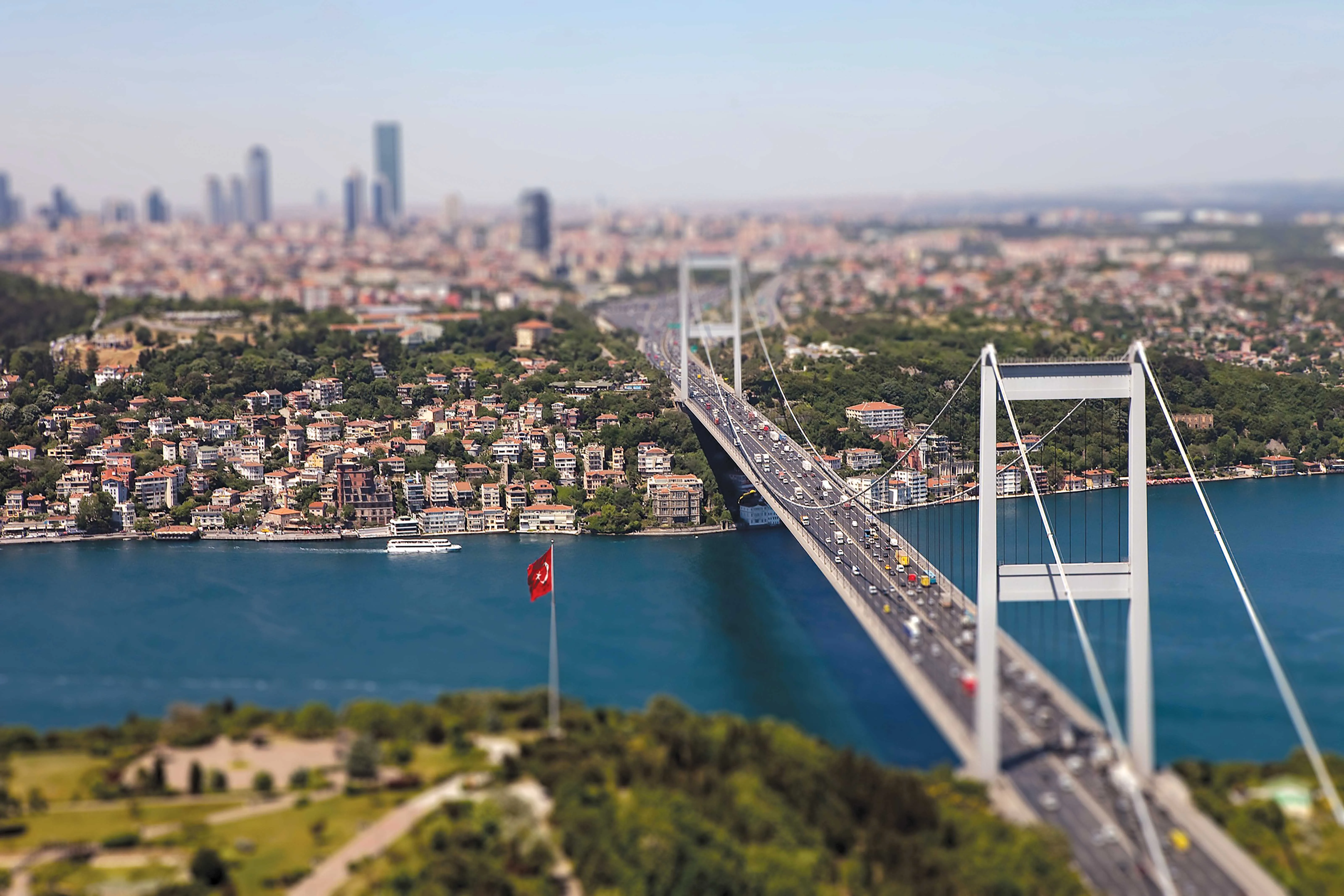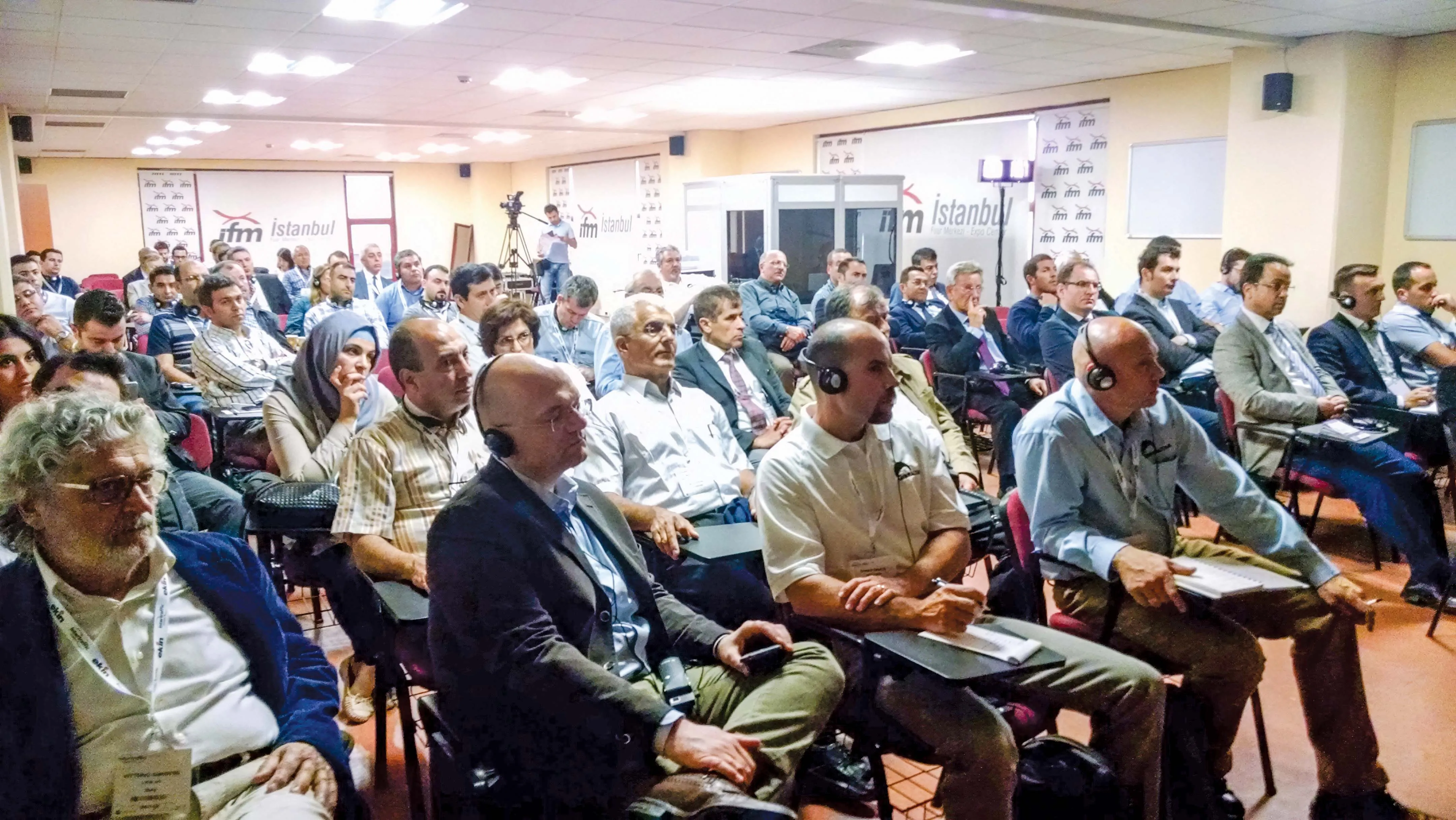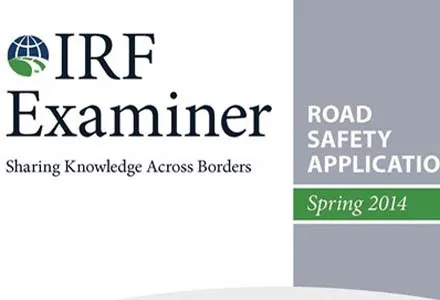So far 14 organisations have joined forces to make the 1st IRF Europe & Central Asia Regional Congress a hub for up-to-date regional knowledge and industry practices. Leading stakeholder organisations ranging from the South East Europe Transport Observatory to the Turkish Asphalt Contractors Association (ASMUD) have provided key policy input and will be holding side sessions on topics closely connected to core themes of the Congress.
“ASMUD creates and supports organising the platforms in national and inte
July 7, 2015
Read time: 2 mins

So far 14 organisations have joined forces to make the 1st IRF Europe & Central Asia Regional Congress a hub for up-to-date regional knowledge and industry practices. Leading stakeholder organisations ranging from the South East Europe Transport Observatory to the Turkish Asphalt Contractors Association (ASMUD) have provided key policy input and will be holding side sessions on topics closely connected to core themes of the Congress.
Fall 2015 Program of IRF Certified Training
Performance-Based Contracts
October 4–14
Orlando, Florida USA
Public Private Partnerships
November 8–18
Kuala Lumpur, Malaysia
Safer Roads by Design
December 6–16
Orlando, Florida USA“ASMUD creates and supports organising the platforms in national and international levels, offering a bridge between Turkey’s asphalt industry and the rest of the world. This was evidenced during the IRF World Meeting in Riyadh in 2013, and this year in Turkey,” according to ASMUD President Ayberk Özcan.
As a leading provider of road sector knowledge, the3918 IRF Washington will also be offering all registered delegates complimentary access to a program of certified training workshops before and during the event, covering performance-based contracts, weatherproofing roads and speed enforcement strategies.
Fall 2015 Program of IRF Certified Training
Performance-Based Contracts
October 4–14
Orlando, Florida USA
Public Private Partnerships
November 8–18
Kuala Lumpur, Malaysia
Safer Roads by Design
December 6–16
Orlando, Florida USA“ASMUD creates and supports organising the platforms in national and international levels, offering a bridge between Turkey’s asphalt industry and the rest of the world. This was evidenced during the IRF World Meeting in Riyadh in 2013, and this year in Turkey,” according to ASMUD President Ayberk Özcan.
As a leading provider of road sector knowledge, the








